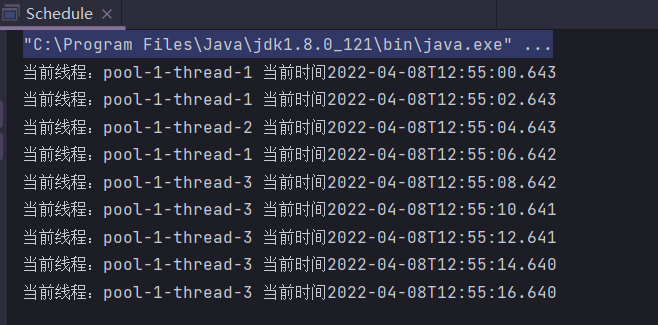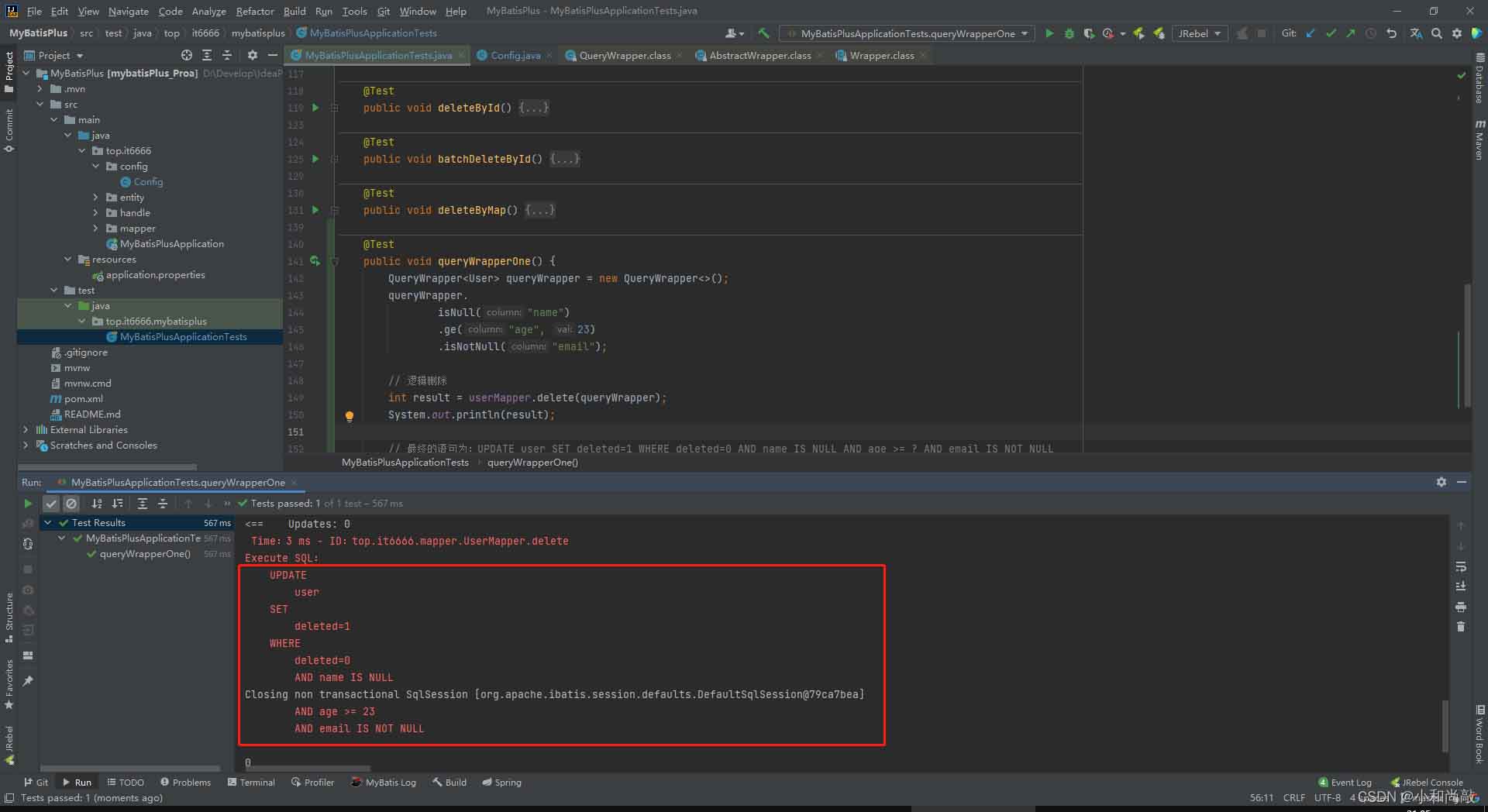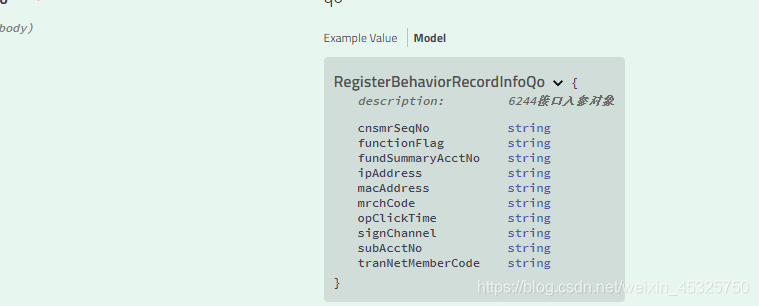WebSocket使得客户端和服务器之间的数据交换变得更加简单,允许服务端主动向客户端推送数据,下面这篇文章主要给大家介绍了关于springboot业务功能实战之告别轮询websocket的集成使用,需要的朋友可以参考下
后端代码
首先加入pom文件
<dependency>
<groupId>org.springframework.boot</groupId>
<artifactId>spring-boot-starter-websocket</artifactId>
<!-- <version>1.3.5.RELEASE</version> -->
</dependency>加入配置类
@Configuration
public class WebSocketConfig {
/**
* 注入ServerEndpointExporter,
* 这个bean会自动注册使用了@ServerEndpoint注解声明的Websocket endpoint
*/
@Bean
public ServerEndpointExporter serverEndpointExporter() {
return new ServerEndpointExporter();
}
}加入连接发送消息方法
@Component
@ServerEndpoint("/websocket/{userName}")
// 此注解相当于设置访问URL
public class WebSocket {
private Session session;
private static CopyOnWriteArraySet<WebSocket> webSockets = new CopyOnWriteArraySet<>();
private static Map<String, Session> sessionPool = new HashMap<String, Session>();
private final static Logger logger = LoggerFactory.getLogger(LoginIntercept.class);
@OnOpen
public void onOpen(Session session, @PathParam(value = "userName") String userName) {
this.session = session;
webSockets.add(this);
if (sessionPool.containsKey(userName)) {
sessionPool.put(userName + String.valueOf(session.getId()), session);
} else {
sessionPool.put(userName, session);
}
logger.info("【websocket消息】有新的连接,总数为:" + webSockets.size());
}
@OnClose
public void onClose() {
webSockets.remove(this);
logger.info("【websocket消息】连接断开,总数为:" + webSockets.size());
}
@OnMessage
public void onMessage(String message) {
logger.info("【websocket消息】收到客户端消息:" + message);
}
/**
* 功能描述: 此为广播消息
*
* @param: [message] (消息)
* @return: void ()
*/
public void sendAllMessage(String message) {
for (WebSocket webSocket : webSockets) {
logger.info("【websocket消息】广播消息:" + message);
try {
if (webSocket.session.isOpen()) {
webSocket.session.getAsyncRemote().sendText(message);
}
} catch (Exception e) {
e.printStackTrace();
}
}
}
/**
* 功能描述:此为单点消息 (发送文本) 现在可以发送给多客户端
*
* @param: [userName, message] (接收人,发送消息)
* @return: void ()
*/
public void sendTextMessage(String userName, String message) {
// 遍历sessionPool
for (String key : sessionPool.keySet()) {
// 存在当前用户
if (key.toString().indexOf(userName) != -1) {
Session session = sessionPool.get(key);
if (session != null && session.isOpen()) {
try {
session.getAsyncRemote().sendText(message);
} catch (Exception e) {
e.printStackTrace();
}
}
}
}
}
/**
* 功能描述: 此为单点消息 (发送文本) 现在可以发送给多客户端
*
* @param: [userName, message] (接收人,发送消息)
* @return: void ()
*/
public void sendObjMessage(String userName, Object message) {
// 遍历sessionPool
for (String key : sessionPool.keySet()) {
// 存在当前用户
if (key.toString().indexOf(userName) != -1) {
Session session = sessionPool.get(key);
if (session != null && session.isOpen()) {
try {
session.getAsyncRemote().sendObject(message);
} catch (Exception e) {
e.printStackTrace();
}
}
}
}
}
}发送信息
@RestController
@RequestMapping("websocket")
public class WebSocketController {
@GetMapping("setMessage")
@ApiOperation(value = "发送信息接口", notes = "发送信息接口")
public Result
webSocket(@ApiParam(name = "定时任务日志实体", value = "定时任务日志实体", required = false) @RequestBody MessageVO messageVO) {
Result result = new Result();
String userName = messageVO.getUserName();
String message = messageVO.getMessage();
WebSocket webSocket = new WebSocket();
webSocket.sendTextMessage(userName, message);
return result;
}
}前段代码
import sysConfig from "../config";
import {Notification} from 'element-ui';
import {EVENT_TYPE} from "../const";
export function openSocket(userId) {
let ws = new WebSocket(`${sysConfig.SOCKET_URL}/${userId}`);
// let ws = new WebSocket(`ws://121.40.165.18:8800`);
ws.onopen = function (evt) {
Notification({
title: '欢迎回来!',
message: `${sysConfig.SOCKET_URL}/${userId}`
});
};
ws.onmessage = function (e) {
console.log(typeof e.data);
try{
if(e.data!=undefined || e.data!=null){
let json= JSON.parse(e.data);
Notification({
title: json.messageTitle,
message: json.messageText
});
//通知页面更新
window.postMessage(EVENT_TYPE.updateMessage,'/');
}
}catch(err){
console.log("webSocke异常,异常信息:"+err)
}
//ws.close();
};
ws.onclose = function (evt) {
console.log('Connection closed.');
};
}总结
到此这篇关于springboot业务功能实战之告别轮询websocket集成使用的文章就介绍到这了,更多相关springboot websocket的集成使用内容请搜索编程学习网以前的文章希望大家以后多多支持编程学习网!
沃梦达教程
本文标题为:springboot业务功能实战之告别轮询websocket的集成使用


猜你喜欢
- 基于Java Agent的premain方式实现方法耗时监控问题 2023-06-17
- ExecutorService Callable Future多线程返回结果原理解析 2023-06-01
- Spring Security权限想要细化到按钮实现示例 2023-03-07
- Springboot整合minio实现文件服务的教程详解 2022-12-03
- 深入了解Spring的事务传播机制 2023-06-02
- Java中的日期时间处理及格式化处理 2023-04-18
- JSP 制作验证码的实例详解 2023-07-30
- Java实现顺序表的操作详解 2023-05-19
- JSP页面间传值问题实例简析 2023-08-03
- SpringBoot使用thymeleaf实现一个前端表格方法详解 2023-06-06









